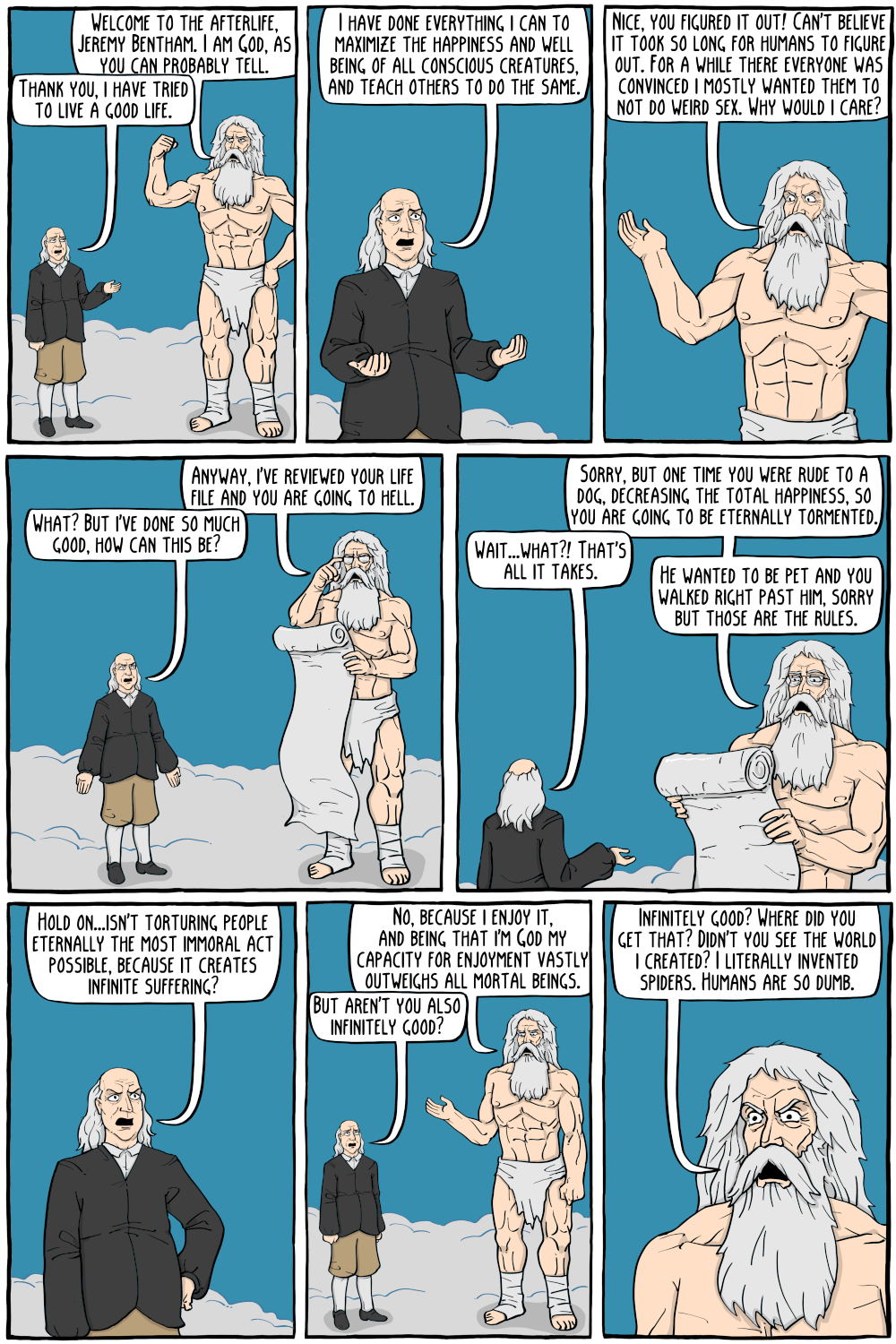3
14
found this website in a thread from earlier today and thought this was an interesting analysis of Hegel
(ianwrightsite.wordpress.com)
7
17
17
4
24
5
25
77
Thanks to Gaza, European philosophy has been exposed as ethically bankrupt
(www.middleeasteye.net)
view more: next ›
philosophy
19677 readers
2 users here now
Other philosophy communities have only interpreted the world in various ways. The point, however, is to change it. [ x ]
"I thunk it so I dunk it." - Descartes
Short Attention Span Reading Group: summary, list of previous discussions, schedule
founded 4 years ago
MODERATORS









